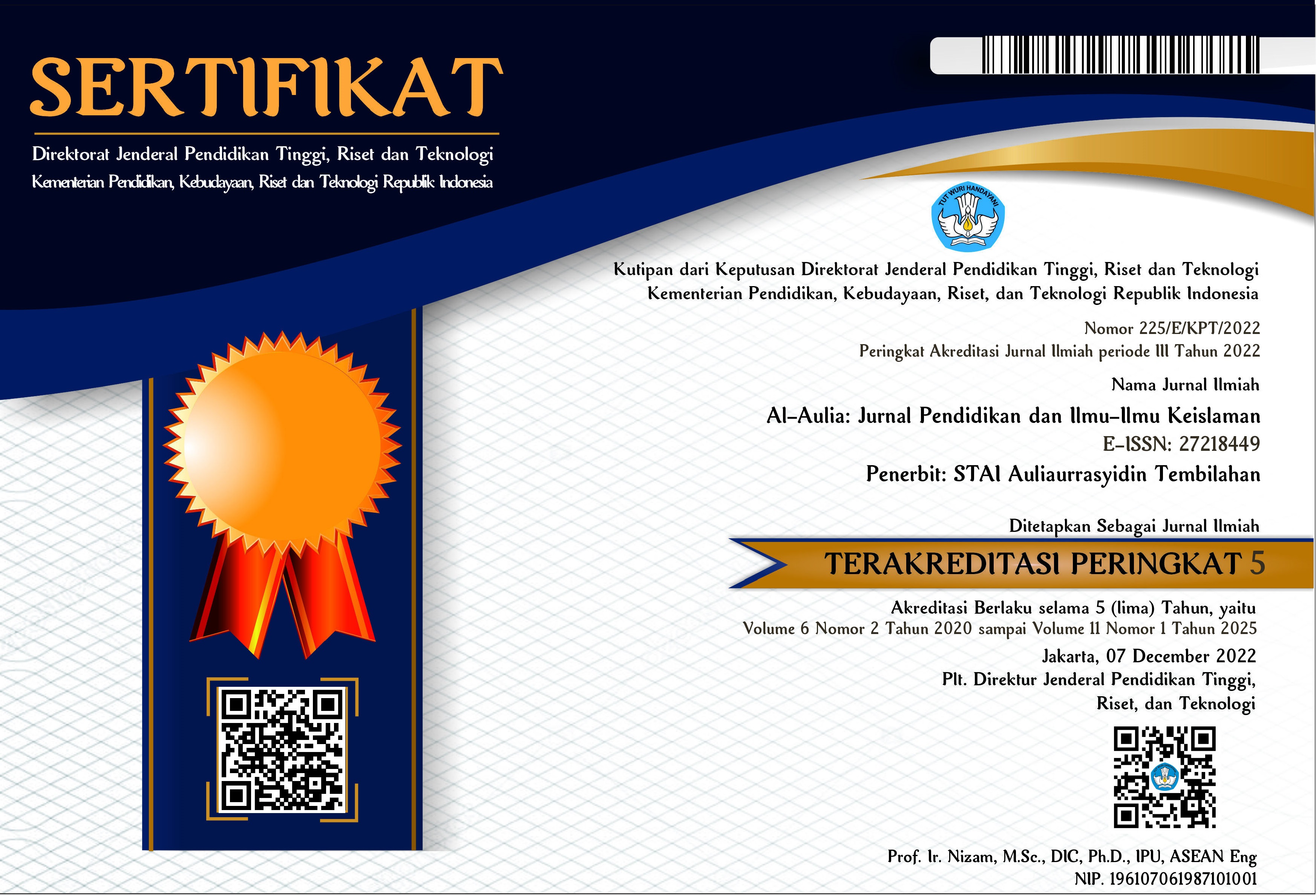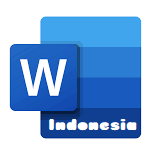Penerapan dan Pengaruh Pendidikan Agama Islam Pada Masa Pandemi
Keywords:
Islamic Religious Education, Pandemic, ImplementationAbstract
Islamic religious education is education that must be maintained by Muslims throughout their lives for Muslims to learn from generation to generation. it is so important that this education is learned and developed. Islamic religious education brought by the Prophet Muhammad SAW, is the teachings of Rahmatanlil'alamin, for Muslims that we must learn. Pendiaka Islam teaches us to live cleanly, we can divide it into two, first clean birth, second clean mind, clean birth, namely clean limbs of clothing and the place where we are. Teachers today are the basic foundation for children's lives to achieve complete educational progress. Education in this New Normal era requires a lot of things that are demanded by people, teachers and students, where all stakeholders are required to be able to solve problems that exist in related institutions. This booklet invites how to deal with learning in the new normal era, such as with media zoom meetings, goegle classromm, goegle form etc
References
Muhammad Ilyas Ismail, Isu-Isu Pendidikan Kontemporer, Makassar: Alauddin University Press, 2014.
Khairil Anwar, Pendidikan Islam Kontemporer: Antara Konsepsi Dan Aplikasi: Universitas Islam Negeri Raden Intan Lampung, 2018
Sumber Dukementasi Guru PAI SDIT H. Djalaluddin TP 2020/2021
Downloads
Published
Issue
Section
License
Authors who publish with this journal agree to the following terms:
1. Copyright on any article is retained by the author(s).
2. The author grants the journal, right of first publication with the work simultaneously licensed under a Creative Commons Attribution License that allows others to share the work with an acknowledgment of the work’s authorship and initial publication in this journal.
3. Authors are able to enter into separate, additional contractual arrangements for the non-exclusive distribution of the journal’s published version of the work (e.g., post it to an institutional repository or publish it in a book), with an acknowledgment of its initial publication in this journal.
4. Authors are permitted and encouraged to post their work online (e.g., in institutional repositories or on their website) prior to and during the submission process, as it can lead to productive exchanges, as well as earlier and greater citation of published work.
5. The article and any associated published material is distributed under the Creative Commons Attribution-ShareAlike 4.0 International License







